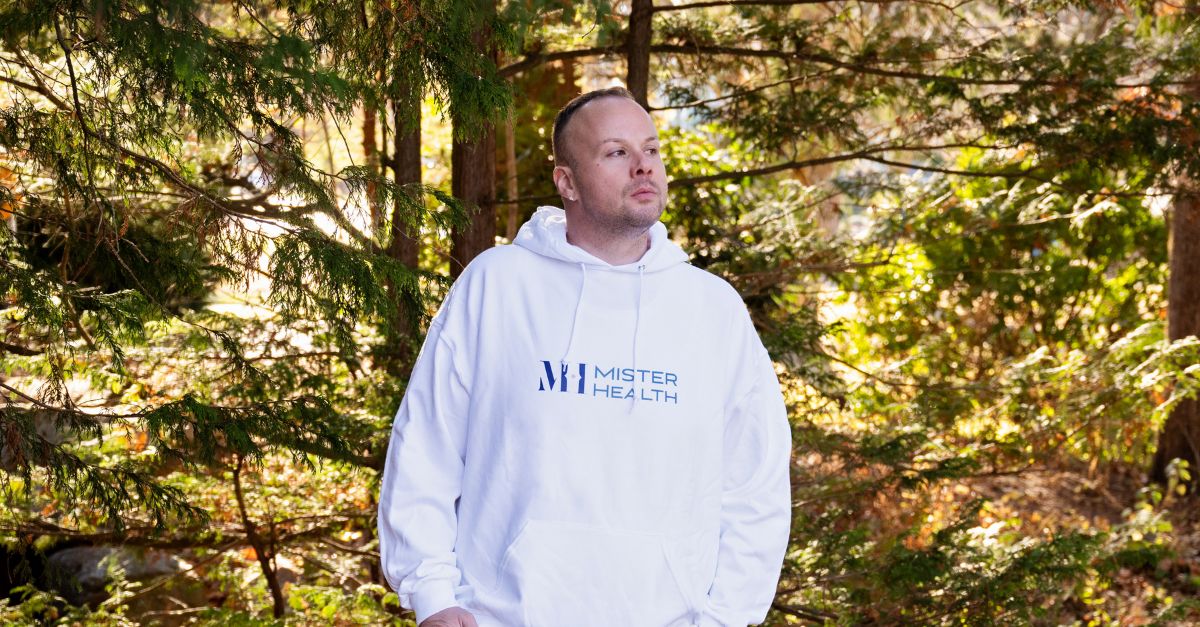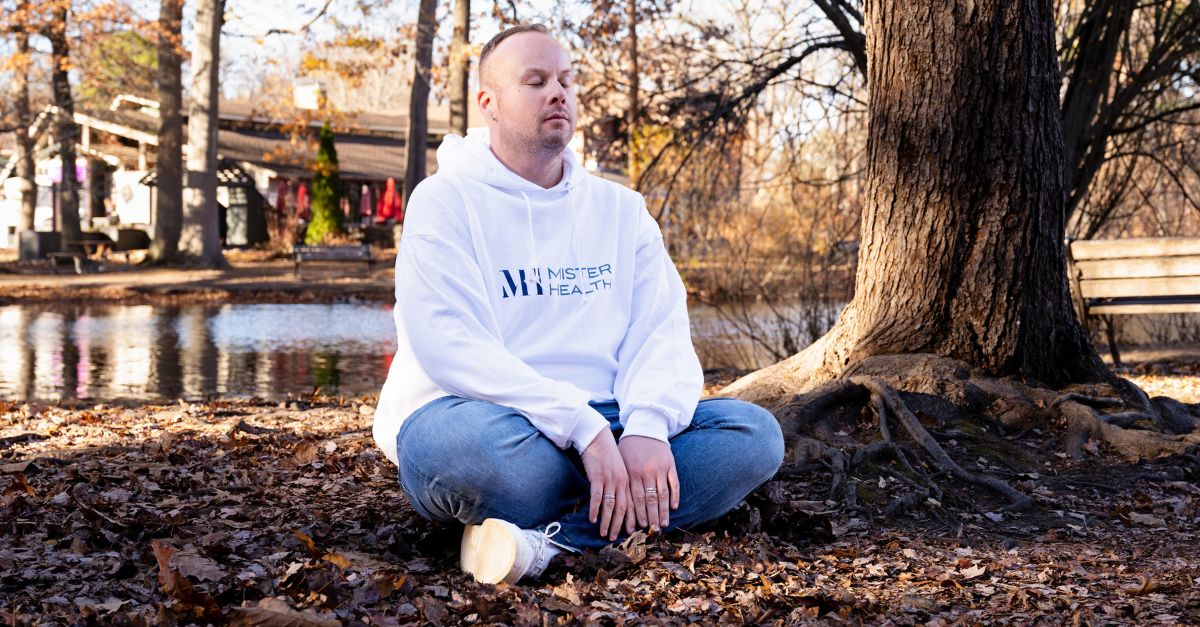Exploring Treatment Options for Erectile Dysfunction (ED)
Erectile dysfunction (ED) can feel like an overwhelming and isolating challenge, but it’s far more common than you might think. Millions of men face ED at some point, whether it’s difficulty achieving or maintaining an erection, premature ejaculation, or reduced sexual performance. The good news is that there are many effective treatment options, from simple lifestyle changes to advanced medical therapies.
I’ve worked with countless men struggling with ED, and I’ve seen how life-changing it can be to address the issue head-on. Whether ED is caused by vascular disease, low testosterone levels, or psychological factors like performance anxiety, there’s a path forward for every man. Let’s explore the options together and hear some stories from men who’ve been through this journey.
Understanding the Prevalence of ED: What the Numbers Reveal
Erectile dysfunction (ED) is not just a personal issue; it’s a widespread health concern that impacts men of all ages. A recent study from the 2021 National Survey of Sexual Wellbeing sheds light on the prevalence of ED in the United States, offering important insights into how common the condition is and how few men seek treatment.
- The percentage of men dealing with ED: 24.2%
- Age-Related Trends:
- 18–24 years: 17.9%
- 25–34 years: 13.3%
- 35–44 years: 12.7%
- 45–54 years: 25.3%
- 55–64 years: 33.9%
- 65–74 years: 48.0%
- 75+ years: 52.2%
These findings emphasize that while ED becomes more prevalent with age, it’s not limited to older men. The trouble is that most men don’t seek treatment. They cited reasons such as embarrassment or not knowing there were treatment options available.
What These Numbers Mean for You
If you’re experiencing ED, know that you’re far from alone—1 in 4 men across all age groups faces this challenge. Yet, the study also underscores a critical issue: many men either don’t recognize the importance of seeking treatment or feel hesitant to discuss their symptoms.
This gap in care can lead to missed opportunities for early intervention, especially since ED is often a sign of underlying health conditions like heart disease, vascular disease, or low testosterone. Proactive diagnosis and treatment can improve not just your sexual health, but your overall well-being.
Common Causes of ED

ED often stems from a mix of physical, psychological, and lifestyle factors. Understanding the root cause is crucial for finding the right solution. Here are some of the most common contributors:
- Vascular Issues: Poor blood flow due to atherosclerosis, high blood pressure, or high cholesterol.
- Neurological Conditions: Disorders like Parkinson’s disease, spinal cord injuries, or multiple sclerosis can disrupt erectile function.
- Hormonal Imbalances: Low testosterone levels or hypogonadism can reduce libido and sexual function.
- Mental Health: Anxiety, depression, and performance anxiety can severely impact erections.
- Medical Conditions: Chronic illnesses like diabetes, kidney disease, or complications from prostate cancer (e.g., radiation therapy) are common causes.
Each man’s experience is unique, so it’s important to work with a healthcare provider to uncover the underlying cause of ED.
Real Stories: Facing ED and Finding Solutions
One client, Steve, came to me frustrated and confused. A high-performing executive, he had always prided himself on excelling in every area of life—until ED struck. “I couldn’t figure out what was wrong,” he shared. “I’m healthy, I work out, and I eat well. But suddenly, I wasn’t performing in bed the way I used to.”
After a thorough evaluation, we discovered Steve’s ED was tied to stress and undiagnosed high blood pressure. A combination of medication, stress management techniques, and prioritizing downtime worked wonders. Within months, Steve was back to enjoying a fulfilling sex life.
Lifestyle Changes: The First Step Toward Better Sexual Health

For many men, small adjustments to daily habits can lead to big improvements in ED. These changes are often the first line of treatment and can complement other therapies:
- Exercise Regularly: Physical activity improves circulation, supports vascular health, and boosts testosterone levels.
- Adopt a Healthy Diet: Focus on reducing saturated fats and sugars while eating foods that support heart health, like leafy greens, whole grains, and lean proteins.
- Quit Smoking and Limit Alcohol: Smoking damages blood vessels, and excessive drinking can lower testosterone levels.
- Manage Stress: Stress and mental health challenges can exacerbate ED, so finding ways to relax—whether through meditation, therapy, or hobbies—is essential.
Medications for ED
Medications are one of the most common and effective treatments for ED. PDE5 inhibitors enhance blood flow to the penis, making it easier to achieve and maintain an erection.
Popular Options:
- Sildenafil (Viagra): Known for its reliability, it’s effective for most men and starts working within 30-60 minutes.
- Tadalafil (Cialis): Offers the convenience of a longer duration, allowing for more spontaneity.
- Vardenafil (Levitra) and Avanafil: Alternatives with varying onset and duration times, tailored to individual needs.
Considerations:
Always talk to your medical doctor before taking any medication. These medications are generally safe but can cause side effects like headaches, flushing, and nasal congestion. Men taking nitrates for cardiovascular disease or heart disease should avoid these medications due to dangerous interactions.
Beyond Pills: Alternative ED Treatments
For men who don’t respond to or cannot take oral medications, there are several other options:
- Alprostadil: Delivered as an injection or a urethral suppository, it directly stimulates an erection by increasing blood flow.
- Vacuum Devices: These devices create a vacuum to draw blood into the penis, followed by a constriction ring to maintain the erection.
Advanced Treatments: When Other Options Don’t Work
Some men require more advanced solutions, particularly if ED is linked to severe physical damage or long-term conditions:
- Penile Implants (Prosthesis): Surgically implanted devices that provide an on-demand erection. These are highly effective for men with chronic ED who haven’t responded to other treatments.
- Vascular Surgery: Restores proper blood flow in cases of severe vascular disease or injury.
Hormonal Therapy: Addressing Low Testosterone
Low testosterone levels are a common cause of reduced libido and ED. Hormone replacement therapy can restore balance, improving both sexual desire and performance.
Mental Health and ED
For many men, ED isn’t just physical—it’s emotional. Performance anxiety, depression, and self-doubt can create a vicious cycle. Addressing these factors is often a game-changer:
- Therapy: Cognitive-behavioral therapy (CBT) can help manage negative thoughts and boost confidence.
- Stress Reduction: Mindfulness, yoga, or even journaling can ease anxiety.
- Couples Counseling: Improves communication and intimacy with your partner.
Emerging and Experimental Treatments
Cutting-edge therapies are expanding the possibilities for men with ED:
- Stem Cell Therapy: Aims to regenerate damaged tissue and improve erectile function.
- Shockwave Therapy: Uses low-intensity sound waves to stimulate blood vessel growth and enhance circulation.
While still under research, these treatments offer hope for men with severe or treatment-resistant ED.
Supplements and Natural Remedies
Natural supplements like L-arginine (which improves nitric oxide levels) and ginseng are often marketed for ED. While they may help some men, it’s essential to consult your doctor before trying supplements, as they can interact with medications or exacerbate certain health problems.
Comprehensive Care for ED
ED is a multifaceted condition that requires a personalized approach. A thorough medical history, physical examination, and blood tests can pinpoint risk factors, while collaboration with specialists in urology or endocrinology ensures the best care.
Take Back Control
ED doesn’t have to define you or your relationships. Whether it’s through lifestyle changes, medications like Viagra, advanced options like penile implants, or addressing emotional barriers, there’s a solution that’s right for you.
The first step is reaching out to a trusted healthcare provider to discuss your options. You deserve a fulfilling and confident sex life—don’t let ED stand in your way. Start your journey today by scheduling a consultation to find out if my coaching programs can help you.


